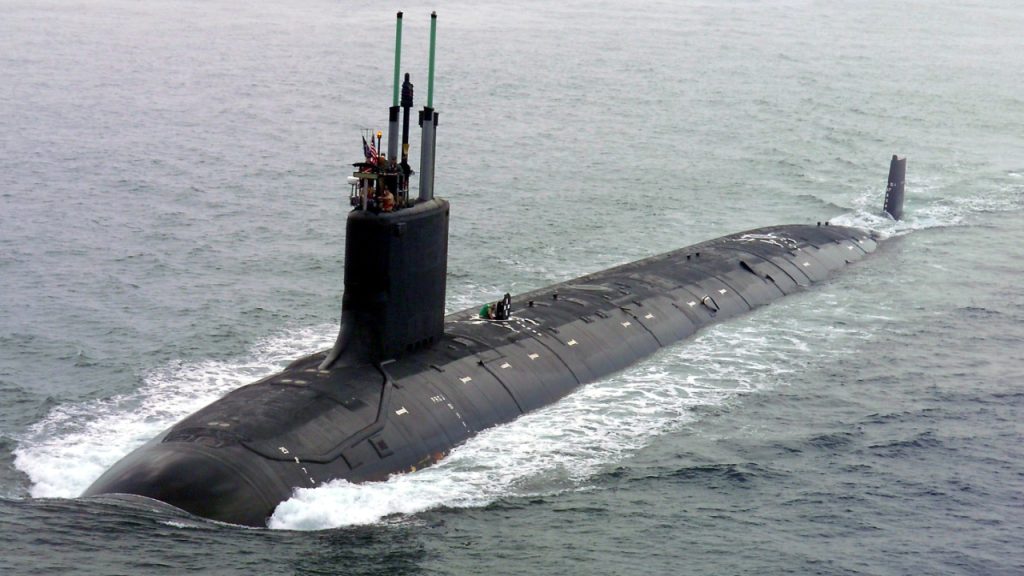When I was a teenager, my dream was to join the US Navy and work on a submarine. Thanks to the movies and video games I played growing up, operating a sonar seemed like the best job I could possibly have.
I scored well on the ASVAB test (Armed Services Vocational Aptitude Battery), and received a number of recruitment phone calls from the Navy. But, I was 17 and didn’t have my parents’ permission to enlist.
I never did join the Navy; we ended up moving, and my attention was grabbed by other things. But looking back, I wonder how my life would have been if I had made it onto a submarine, manning the sonar. I imagine that some of these things would have driven me a bit crazy!
Living in Tight Spaces
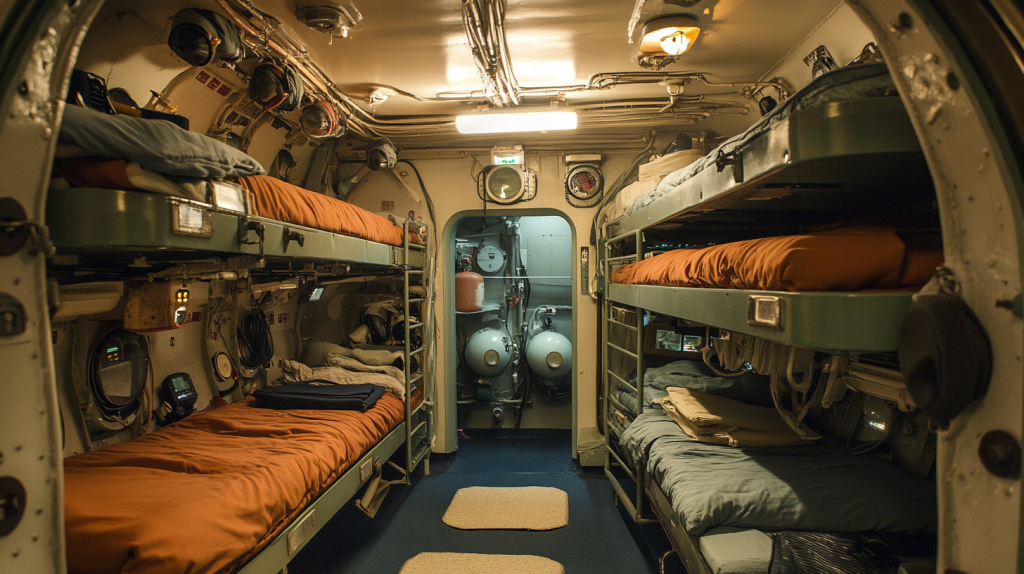
Submarines are notoriously cramped. Crew members live and work in incredibly confined quarters, with barely enough room to stretch out. Bunks are often stacked three high, and personal space is almost nonexistent. This lack of room can lead to feelings of claustrophobia and discomfort. Privacy is a luxury, and even personal items are limited to what can fit in a small locker. The tight quarters mean that individuals must be mindful of their movements and belongings at all times to avoid inconveniencing others. This constant proximity to fellow crew members requires a high level of tolerance and adaptability.
Limited Communication with the Outside World
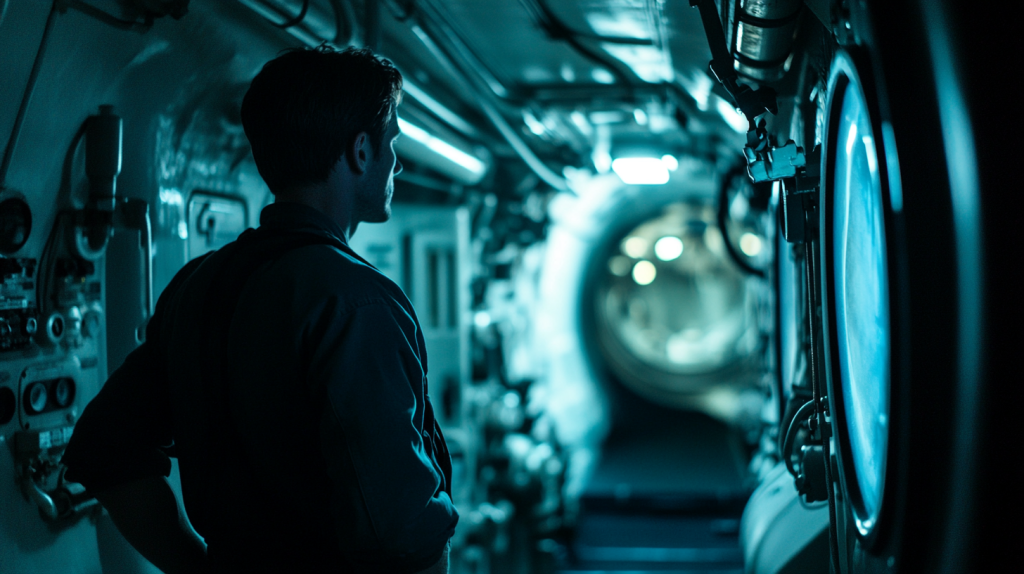
Submarine crews often go for weeks or even months with minimal contact with family and friends, which can be isolating and stressful. Submarines operate under strict communication protocols to maintain stealth, meaning that personal calls or emails are rare. The lack of direct contact can lead to a sense of isolation and worry about loved ones back home. Crew members must rely on occasional, tightly regulated messages to stay in touch, which can exacerbate feelings of loneliness and disconnection. This communication gap can be one of the most challenging aspects of submarine life, as it requires significant emotional adjustment and resilience.
Constant Noise
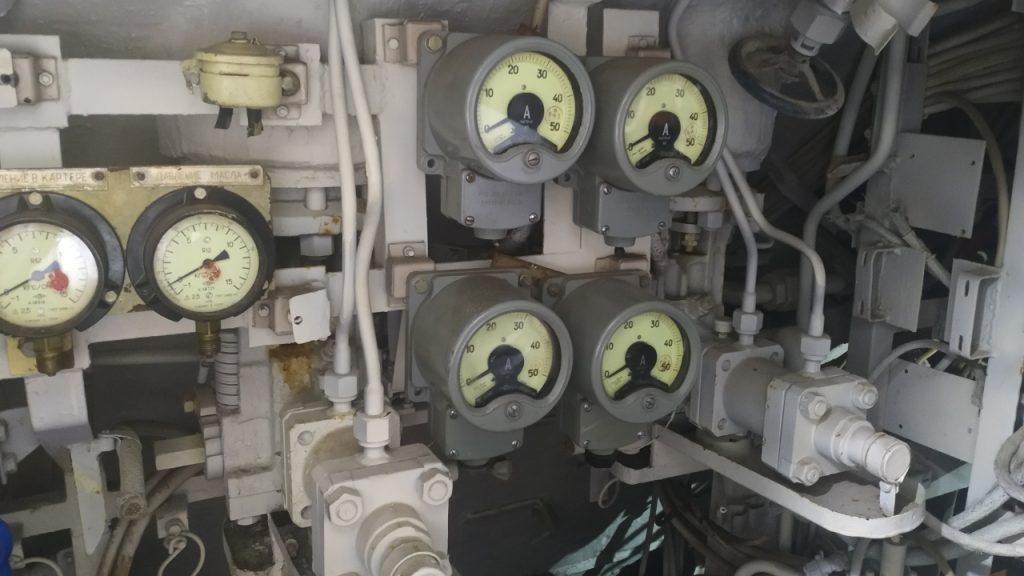
The hum of machinery and the constant operational sounds within a submarine create a never-ending background noise that’s hard to escape. Engines, pumps, and ventilation systems run continuously, producing a symphony of sounds that can be jarring and mentally exhausting. Unlike the surface, where one can find moments of quiet, a submarine offers no such reprieve. Crew members must learn to sleep, work, and relax amidst this cacophony. Over time, this constant noise can lead to increased stress levels and difficulty concentrating. Earplugs and noise-canceling headphones become essential tools for maintaining some level of personal comfort and mental well-being.
Irregular Sleep Patterns
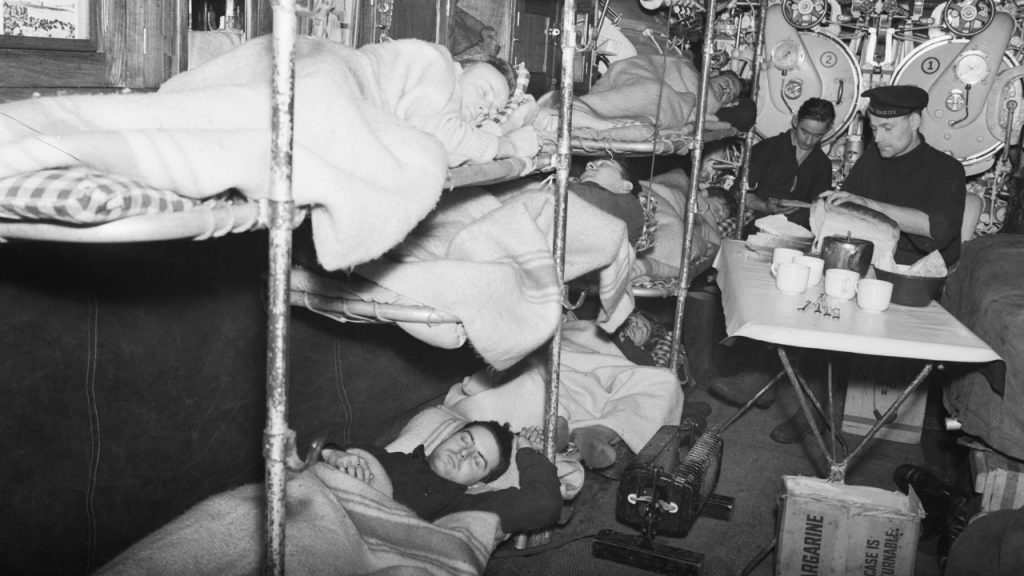
With 18-hour workdays divided into 6-hour shifts, maintaining regular sleep patterns is challenging, leading to sleep deprivation and fatigue. Submarine crews must adapt to a non-standard schedule that disrupts the natural sleep-wake cycle. This irregularity can lead to chronic sleep deprivation, affecting cognitive function, mood, and overall health. Sleeping in shifts also means that at any given time, a portion of the crew is awake and active, which can create additional noise and disturbances for those trying to rest. Over time, this lack of consistent, restful sleep can take a toll on the crew’s physical and mental well-being, making it one of the most grueling aspects of life underwater.
Limited Fresh Air
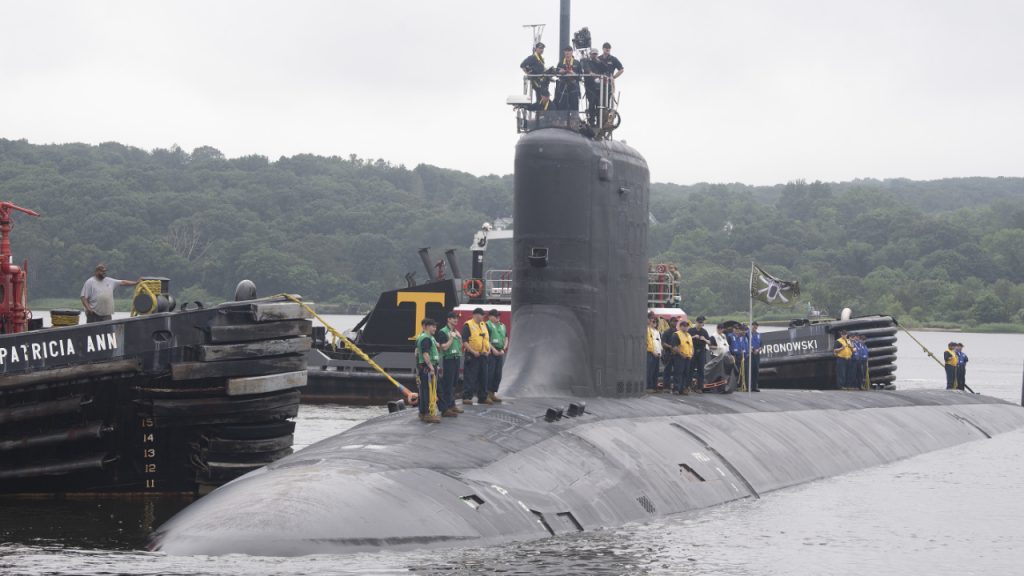
The air inside a submarine is recycled, which can make it feel stale and lead to a sense of suffocation for those not accustomed to it. Submarines use sophisticated systems to filter and recycle air, but the absence of fresh, outdoor air can still be felt. This can result in a feeling of stuffiness and discomfort, and in some cases, it can exacerbate respiratory issues. The artificial environment requires constant monitoring to ensure air quality remains safe, but the psychological impact of never breathing fresh air can be significant. For many, this is a constant reminder of their isolation from the outside world.
Monotonous Routine
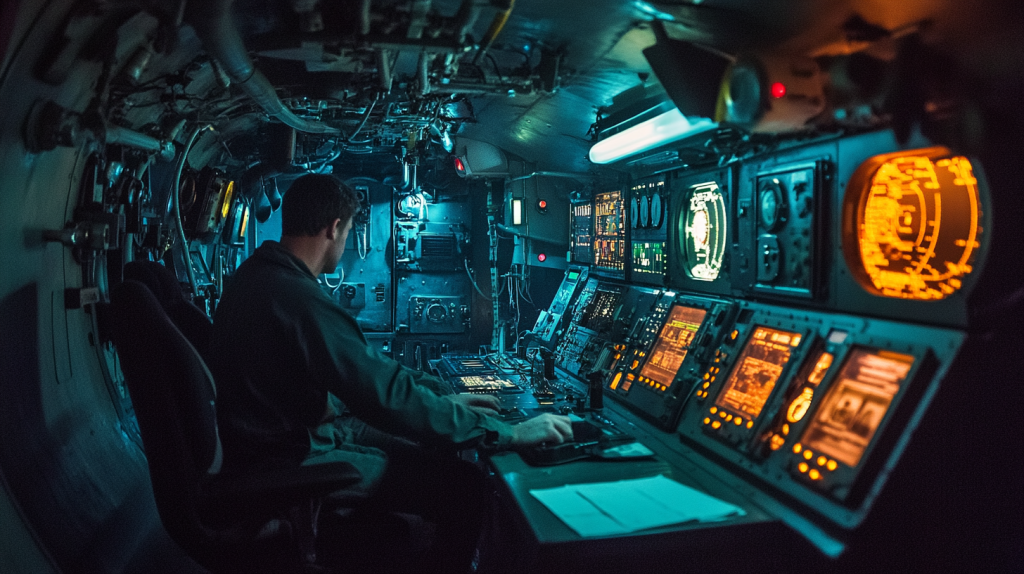
Daily life on a submarine can become incredibly repetitive, with the same tasks and routines every day, leading to boredom and mental fatigue. The highly structured environment means that each day follows a predictable pattern, with little variation. This can make time feel like it is dragging and contribute to a sense of monotony. While routine is necessary for the smooth operation of the submarine, it can also stifle creativity and lead to feelings of stagnation. Finding ways to break the routine and keep the mind engaged is a constant challenge for crew members, who must balance their duties with the need for mental stimulation.
High-Pressure Situations
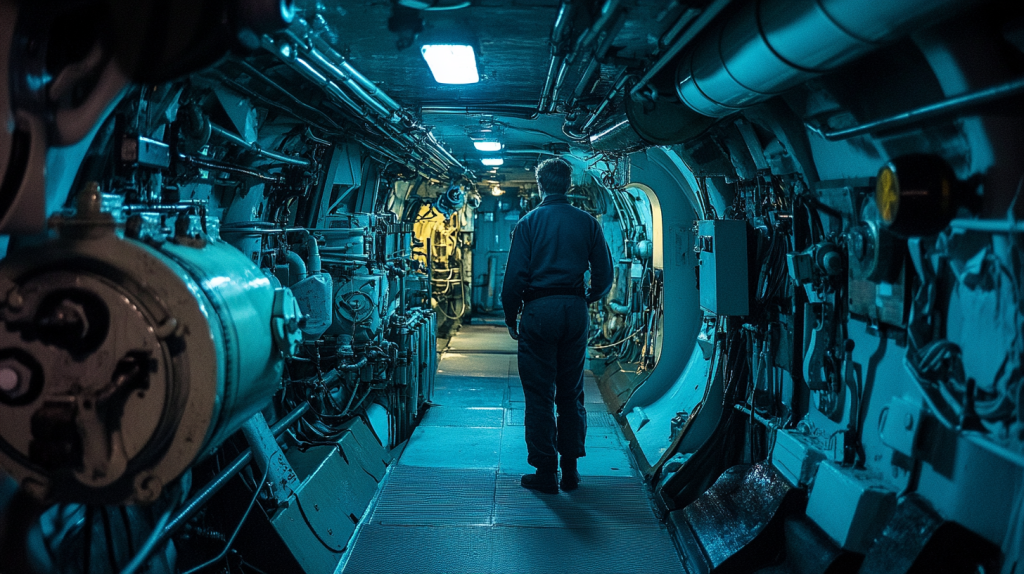
Submarine operations require constant vigilance and precision. The high-stress environment can be mentally exhausting over long periods. Crew members must be prepared to respond to emergencies at any moment, whether it’s a mechanical failure, a navigational challenge, or a potential threat. This constant state of readiness can lead to high levels of stress and anxiety. The stakes are incredibly high, as any mistake can have catastrophic consequences. This pressure requires crew members to maintain peak mental and physical condition, often without the benefit of traditional stress-relief outlets. The psychological toll of such an environment can be significant, demanding exceptional resilience and mental fortitude.
Shared Living Spaces
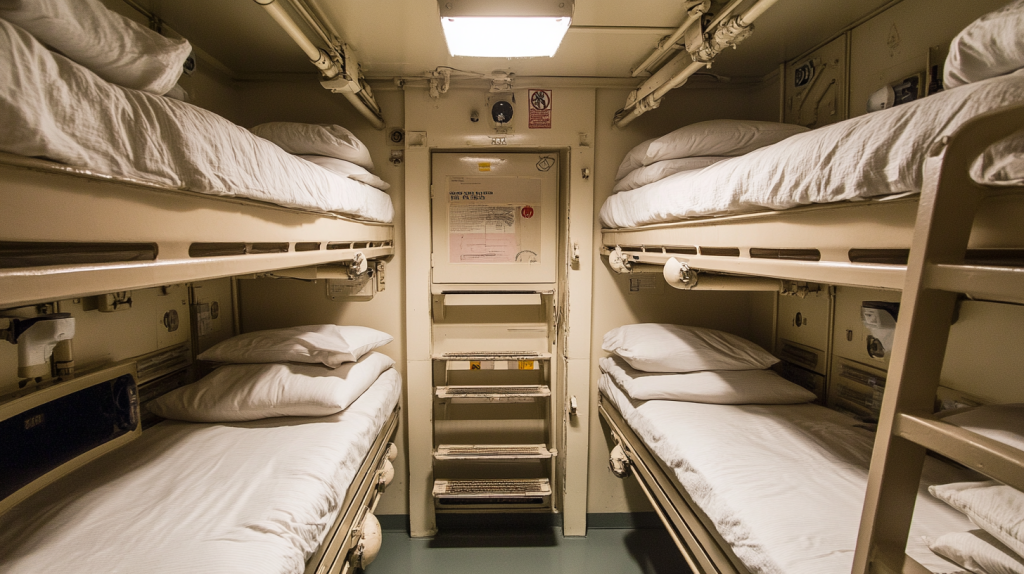
Personal privacy is nearly nonexistent, with bunk beds and shared facilities being the norm. This can be particularly challenging for those who value solitude. Living in such close quarters means that personal space is minimal, and individuals must navigate constant interactions with their crewmates. Privacy is a rare commodity, and even simple activities like changing clothes or having a quiet moment can be difficult. The need for cooperation and mutual respect is paramount to maintaining harmony in such a crowded environment. For those accustomed to more personal space, this lack of privacy can be one of the most difficult aspects of submarine life.
Strict Hierarchical Structure

The rigid chain of command must be followed at all times, which can be stifling for those used to more freedom and independence. The hierarchical structure is essential for maintaining order and ensuring the submarine operates smoothly. However, it can also create a sense of rigidity and limit personal autonomy. Crew members must adhere to strict protocols and respect the authority of their superiors, often with little room for personal discretion. This can be frustrating for those who are more independent-minded or prefer a more collaborative work environment. The need to constantly follow orders and procedures can feel restrictive and stifling over time.
Isolation from Nature

Submarine life means being cut off from the natural world, including fresh air, greenery, and wildlife, which many people find distressing over time. The absence of natural elements can lead to a sense of disconnection and longing for the outdoors. Crew members miss the simple pleasures of feeling the sun on their skin, hearing birdsong, or walking through a park. This isolation from nature can have psychological effects, contributing to feelings of homesickness and depression. While some submarines may try to incorporate elements of nature through photos or small plants, these measures are limited and cannot fully replace the experience of being in the natural world.
Limited Food Choices
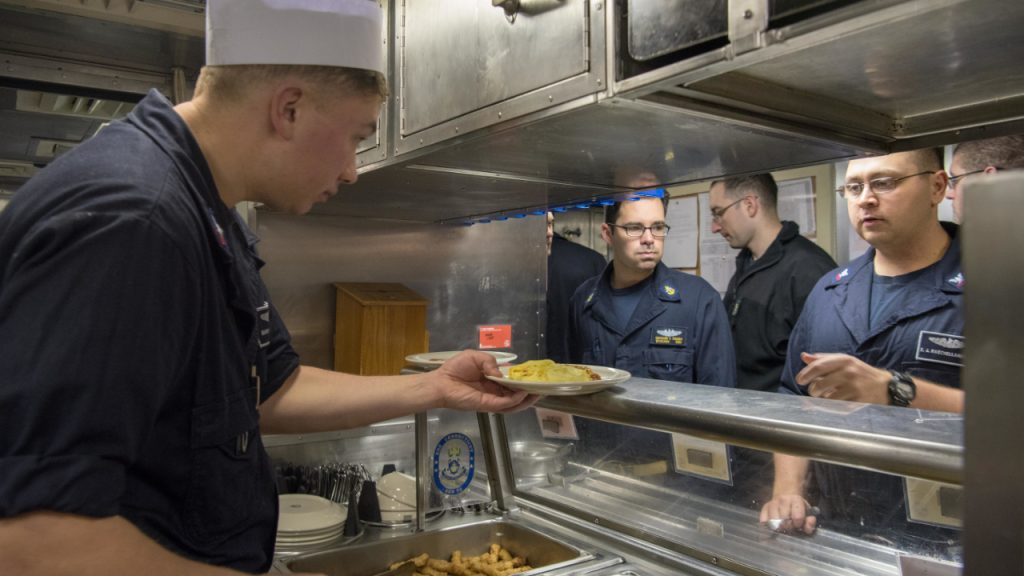
Meals are often repetitive and made from non-perishable ingredients, which can become monotonous and unappetizing. Submarines must stock food that can last for extended periods without spoiling, leading to a diet that relies heavily on canned, dried, and packaged foods. Fresh produce is a rarity, and the menu can become predictable and uninspiring. This lack of variety can lead to nutritional deficiencies and decreased morale. Cooking facilities are also limited, meaning that culinary creativity is often sacrificed for practicality. Over time, the repetitive diet can become a significant source of frustration, making mealtime something to endure rather than enjoy.
Rigorous Training and Drills
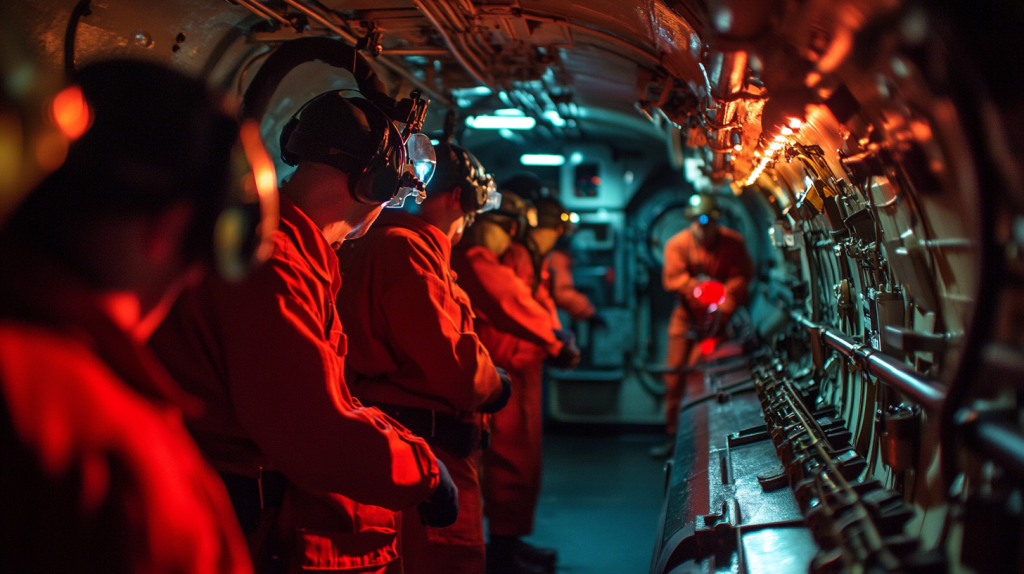
Frequent drills and training exercises are essential for safety but can add to the stress and fatigue of daily life aboard a submarine. These drills prepare the crew for emergencies such as fires, flooding, or combat situations. While necessary, they can be physically and mentally demanding, interrupting sleep and adding to the already high levels of stress. The constant need to be prepared and the repetitive nature of the drills can lead to fatigue and burnout. However, the training is crucial for ensuring that the crew can respond effectively in an emergency, making it an indispensable part of submarine life despite its challenges.
High Risk of Illness
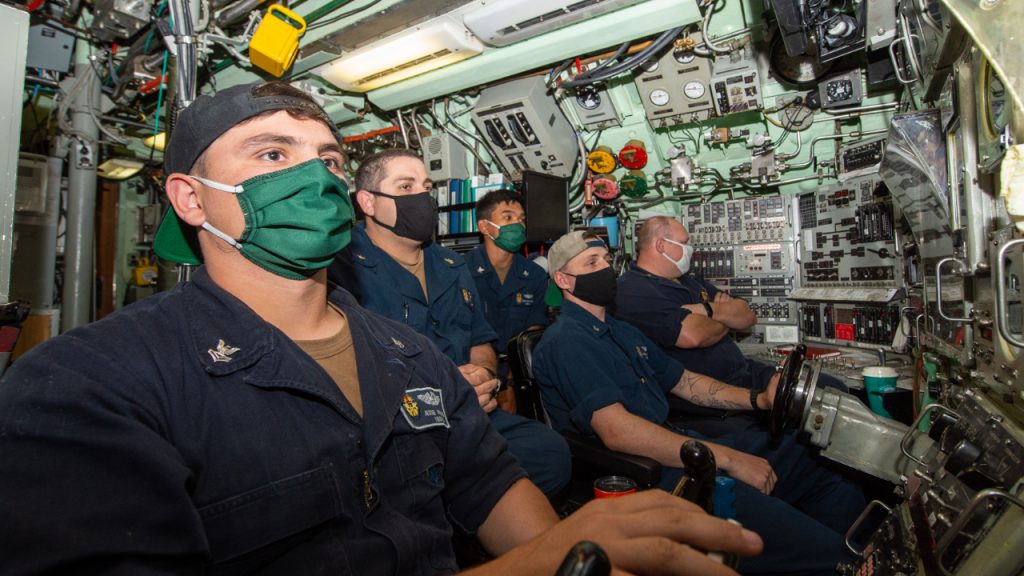
The close quarters and recycled air increase the risk of illnesses spreading quickly among the crew. In the confined environment of a submarine, contagious illnesses can spread rapidly, affecting a large portion of the crew. Medical facilities on board are limited, and while submarines carry trained medical personnel, severe cases may require evacuation, which is not always immediately possible. Preventive measures such as vaccinations and hygiene protocols are critical to maintaining health, but the risk remains. This potential for widespread illness can add to the stress and anxiety of life on a submarine, as crew members must constantly be vigilant about their health.
Emotional Strain
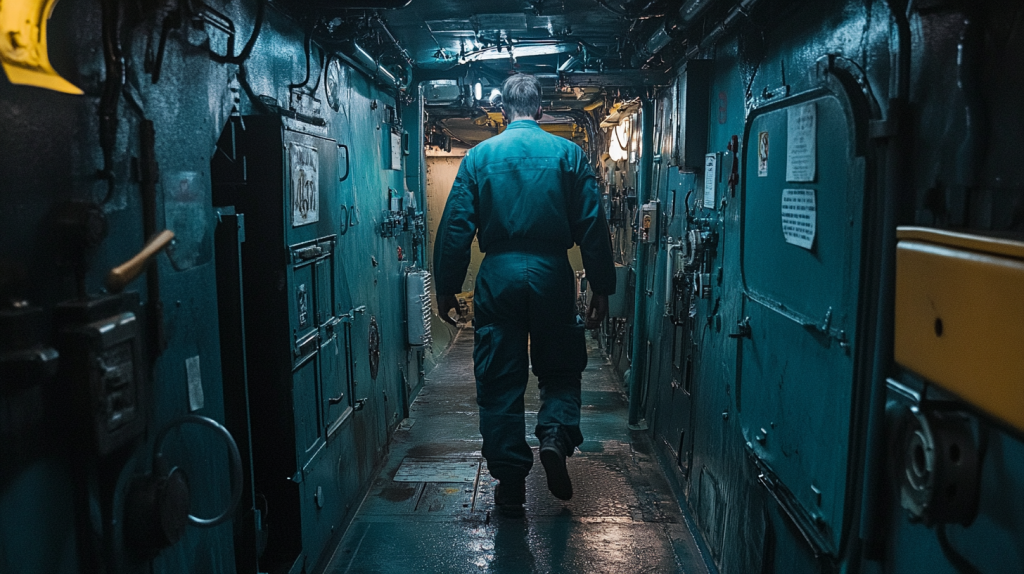
Being away from loved ones and dealing with the unique pressures of submarine life can take a significant emotional toll on crew members. The isolation from family and friends, coupled with the demanding and stressful environment, can lead to feelings of loneliness and depression. Support networks are limited to fellow crew members, and professional mental health resources may not always be readily available. The emotional strain is compounded by the need to maintain a façade of strength and resilience, which can prevent individuals from seeking help. Over time, this emotional burden can become overwhelming, making mental health a critical concern for submarine crews.
Lack of Privacy
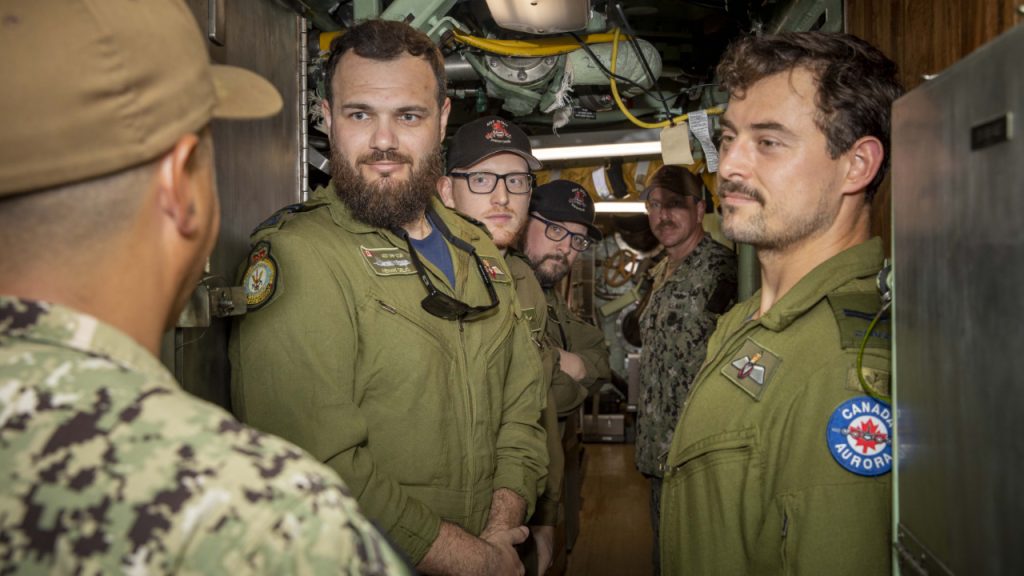
Even in the bathroom and sleeping areas, privacy is limited, which can be difficult for those who are used to having their own space. Shared living quarters and communal facilities mean that moments of solitude are rare. The lack of privacy can lead to feelings of exposure and vulnerability, as personal boundaries are constantly challenged. This environment requires a high level of mutual respect and understanding among crew members to avoid conflicts. However, for individuals who value privacy and personal space, the constant presence of others can be a significant source of stress and discomfort, making it one of the most difficult aspects of submarine life.
Dependence on Technology
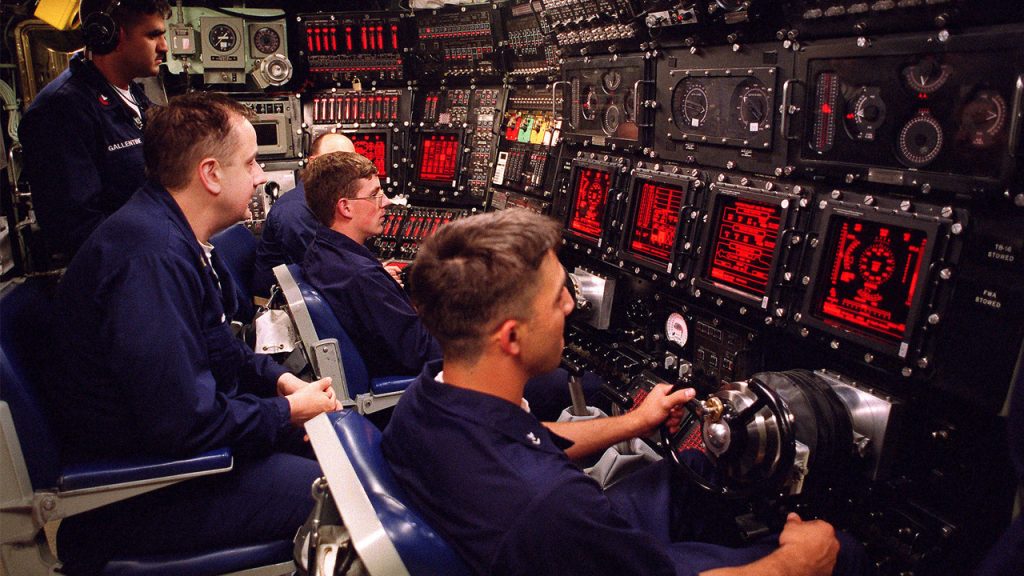
Life on a submarine relies heavily on technology, and any malfunctions can create significant disruptions and stress. Submarines depend on advanced systems for navigation, communication, and life support. A failure in any of these systems can pose serious risks and require immediate and skilled intervention. The constant reliance on technology means that crew members must be proficient in troubleshooting and repairs, adding to their responsibilities and stress levels. The high-tech environment can also lead to a sense of disconnection from more natural, hands-on tasks. This dependence on technology underscores the critical importance of maintenance and vigilance in submarine operations.
Constant Vigilance
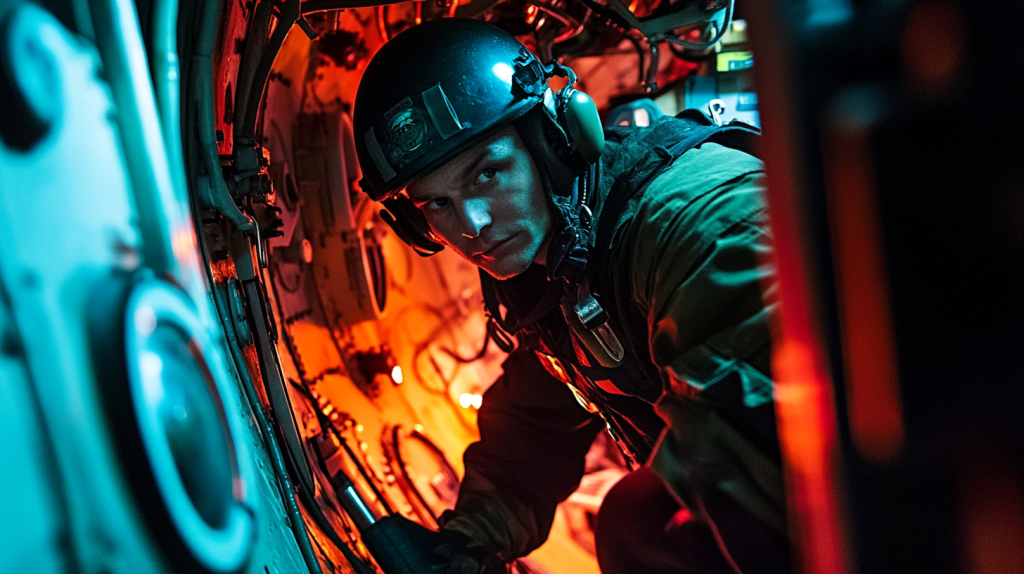
Crew members must always be alert and ready to respond to emergencies, which can be mentally exhausting and leave little room for relaxation. The nature of submarine operations means that danger is always present, whether from mechanical failures, navigational hazards, or potential threats. This constant need for vigilance requires a high level of mental focus and discipline. Even during off-duty hours, crew members must be prepared to respond at a moment’s notice. The perpetual state of readiness can lead to chronic stress and fatigue, making it difficult to find moments of true relaxation and peace. This relentless pressure is one of the most challenging aspects of life aboard a submarine.
Ellen has been obsessed with logic puzzles, jigsaws, and cryptograms since she was a kid. After learning she was taught how to play chess wrong by a family friend (so they could win), she joined her school chess club and the rest is history.
